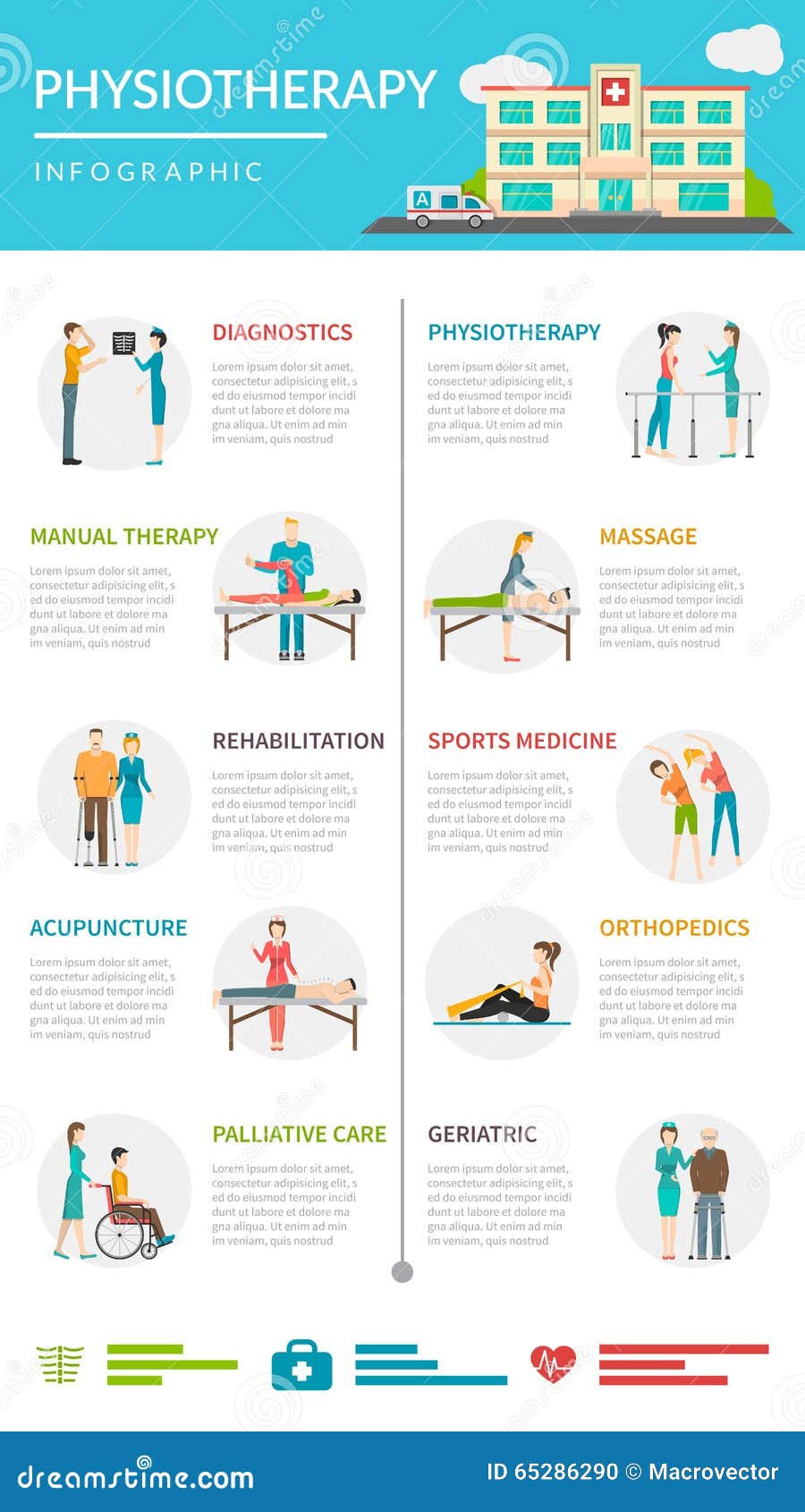Why Does Soft Tissue Therapy Pain? Understanding The Refine
Why Does Soft Tissue Therapy Pain? Understanding The Refine
Blog Article
Published By-Boysen Crabtree
When you undertake soft Tissue therapy, you might discover it remarkably unpleasant. This pain emerges as pressure is related to stressful muscles and broken cells, activating your pain receptors. While it can feel stressful in the minute, there's a reason behind this experience. Recognizing what happens in your body throughout these treatments can help you appreciate the procedure. So, what exactly is taking place underneath the surface?
The Physiology of Discomfort Throughout Soft Tissue Treatment
When you go through soft Tissue therapy, your body's reaction to pain is a complex interplay of physical processes. As the therapist applies pressure, your body activates pain receptors, sending out signals to your brain. This sets off the launch of neurotransmitters, such as compound P and glutamate, which enhance the experience of discomfort.
Your muscular tissues might likewise tense up in reaction, additional making complex the experience. In addition, your body might launch endorphins, natural pain relievers that can help minimize some pain.
The communication between these procedures can develop an one-of-a-kind experience for each person. Comprehending https://www.dynamicchiropractic.com/mpacms/dc/press_release.php?t=&id=1847&all=true navigate the experiences throughout treatment, permitting you to value the equilibrium between pain and the capacity for healing advantages.
The Duty of Pain in the Healing Process
Although pain during soft Tissue therapy can really feel frustrating, it plays an essential duty in the healing process. When you experience discomfort, your body is indicating that it's functioning to repair damaged tissues. This action aids raise blood flow to the damaged location, supplying necessary nutrients and oxygen required for healing.
Furthermore, pain can advertise the release of endorphins, your body's all-natural medicines, developing a sense of relief post-treatment. Welcoming this discomfort can assist you understand your body's limits and motivate you to address underlying concerns.
While it's uncomfortable currently, this procedure is vital for lasting recuperation and improved function. Identifying pain as a vital part of healing can empower you to stay devoted to your treatment.
Tips for Taking Care Of Pain During and After Therapy
Managing pain during and after soft Tissue treatment can dramatically improve your general experience and recuperation.
To begin, communicate honestly with your specialist concerning your pain levels; they can adjust techniques accordingly. Utilizing deep breathing techniques can likewise assist you unwind and reduce discomfort.
Think about applying ice to the treated location post-session to decrease inflammation and numb soreness. Staying moisturized https://www.google.com/maps/place/Return+to+Play+Institute,+LLC+(Miami)/@25.726017,-80.26406,17z/data=!3m1!4b1!4m6!3m5!1s0x88d9b7b4207e8303:0xb1493a6e0d5a272b!8m2!3d25.726017!4d-80.26406!16s%2Fg%2F11lf8185yp?hl=en&entry=ttu&g_ep=EgoyMDI0MTAwOS4wIKXMDSoASAFQAw%3D%3D in the healing process, so drink plenty of water.
Mild stretching and light motion after therapy can advertise blood flow and ease rigidity. Finally, guarantee you get appropriate rest to enable your body to recover.
Executing these ideas can make your soft Tissue treatment more manageable and delightful.
Conclusion
To conclude, while soft Tissue treatment can be uncomfortable, it's crucial to recognize that this discomfort plays an important duty in your recovery trip. By recognizing the physical reactions at play, you can come close to the treatment with a much more positive frame of mind. Bear in mind, the initial discomfort typically gives way to alleviation as your body launches endorphins. Embrace the process, and don't wait to utilize the suggestions for managing pain to enhance your experience and recuperation.
